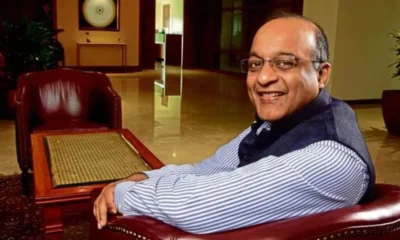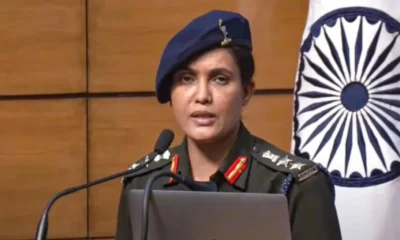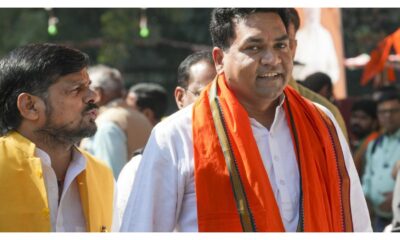US President Donald Trump has signed a fresh executive order imposing a 10 per cent tariff on imports from countries around the world, just hours after the Supreme Court of the United States struck down much of his earlier sweeping import duties.
The new tariffs, which Trump said will take effect “almost immediately”, are being introduced under a law that limits such measures to 150 days. Describing the move as the beginning of an “adjustment process”, the President signalled that his administration would explore alternative routes to maintain revenue from import duties.
Trump criticises top court ruling
The Supreme Court’s 6-3 decision dealt a significant blow to a key part of Trump’s economic strategy. The ruling invalidated large portions of the administration’s previous tariff framework, prompting a sharp response from the President.
In posts on Truth Social, Trump said certain members of the court “should be ashamed of themselves” and termed the judgment “deeply disappointing”. He argued that the tariff mechanism used by his administration had been “acceptable and proper” and insisted that the new order was legally sound.
Trump also claimed that his use of tariffs over the past year had contributed to economic gains, citing milestones in the stock market. He said the Dow had crossed 50,000 and the S&P had reached 7,000, levels he argued were achieved sooner than expected following his election victory.
Tariffs central to Trump’s policy push
Tariffs have remained a central pillar of Trump’s economic and trade agenda. In April, he had announced “reciprocal” taxes of up to 50 per cent on imports from countries with which the United States runs trade deficits, along with a 10 per cent baseline tariff on most other nations.
He invoked a 1977 law to declare the trade deficit a national emergency, justifying broad import taxes. However, after global backlash, the administration paused the higher reciprocal tariffs for 90 days to allow for negotiations.
According to Trump, several countries agreed to revised trade terms during that period, while others faced steeper duties. He also reiterated claims that tariffs strengthened national security and helped curb fentanyl inflows by 30 per cent when used as penalties against certain countries.
“All of those tariffs remain,” Trump said, adding that other measures would now replace those struck down by the court.
The latest order underscores escalating tensions between the White House and the judiciary, as the administration seeks to preserve a cornerstone of its trade policy while navigating legal constraints.
























